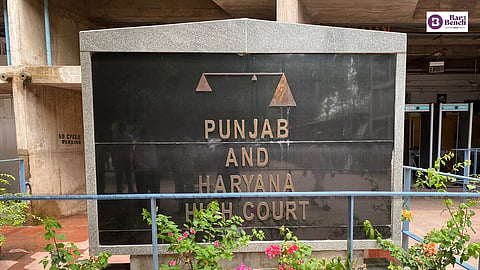
- News
- Columns
- Interviews
- Law Firms
- Apprentice Lawyer
- Legal Jobs
- हिंदी
- ಕನ್ನಡ

The Punjab and Haryana High Court recently observed that private individuals should not be given security at the expense of State unless there are compelling circumstances necessitating such security [Devinder Rajput vs State of Punjab and others].